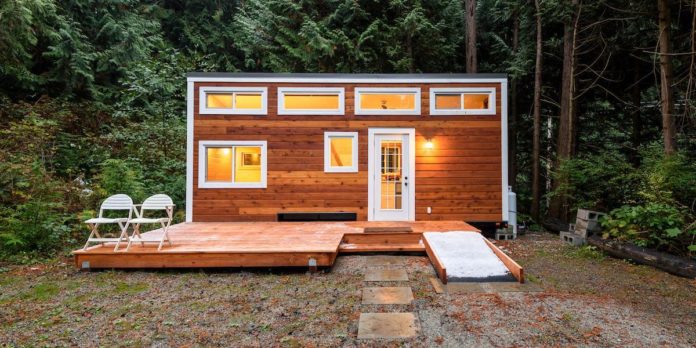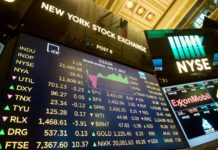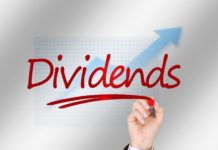Is renting your home really the equivalent of flushing money down the toilet every month?
We’ve been told that for generations, and yet, we also recently discovered that Elon Musk has begun selling off his property and has vowed to “own no house.”
Does he know something we don’t?
About 64% of Americans own their home, leaving 36% renting. The number of renters is at an all-time high, making us wonder why. Are Americans strapped for cash and unable to pull together the funds for a down payment? Are home prices too high? Or is it something else?
You’ve heard the arguments against renting before…
“Why pay the landlord’s mortgage when you can pay your own?”
“If you’re renting, you’re just throwing money away.”
But, is it possible that you can grow your net worth faster as a renter than a homeowner?
It depends.
Consider Opportunity Cost
At the heart of the argument is the concept of opportunity cost. Owning a home comes with costs, not just down the down payment and the mortgage. There are unrecoverable costs that make the first five years of homeownership some of the most expensive.
First, there’s saving money for a down payment in the first place. Whether you put down 5% or 20%, you have to ask yourself what else you could do with that money.
For example, if you had bought $20,000 worth of Tesla stock five years ago, it would be worth $178,246 today. That’s an ROI of 791% or an annualized return of 54.88%. Show us a house that can do that.
However, if you let this argument sway you from buying a home or convince you to get on the phone with a real estate agent and sell your house to get some cash, you would be making a mistake.
Any financial advisor will tell you to never rely on historical returns as a predictor of future returns.
You can make some assumptions based on historical returns, but, in reality, anything can happen. Who would have thought that most of the world would have come to a standstill in 2020 from COVID-19?
Consider Unrecoverable Costs
A down payment isn’t the only expense that might sway someone from owning a home. There are also unrecoverable costs to consider. Closing costs, maintenance fees, property taxes, and property insurance are biggies.
Often, these costs add up, making owning a home more expensive than renting, again, at least in the short-term.
So, if you can rent a property for $2,000 a month, but it would cost you $2,500 a month to own it, you would theoretically be better off renting.
This is only true if you are able to invest that $500 a month at a higher rate than the return on real estate. The reason, which you’ve probably already deduced, is that at the other end of the $2,500 monthly mortgage is property ownership. A renter has nothing to show for their monthly fees other than not being homeless.
The 5% Rule
According to PWL Capital, there’s a simple formula that determines whether renting or buying is the right path for you. This formula is based on how much money you can or want to spend each month on housing.
Take the value of the home that you are considering, multiply it by 5%, and then divide by 12.
So, if you are looking at a home that is $1million, then the formula would look something like this:
1,000,000 X .05 = 50,000
50,000/12 = $4,167
If you can rent for less than this amount, then renting is the more “sensible” financial decision, at least according to that formula.
The higher the home value, the higher the unrecoverable costs, and at some level, the financial scenarios become equal and then begin to favor renters.
The formula can be used the other way, too.
For example, let’s say you are paying $3,000 a month in rent. Multiply that by 12 and then divide by 5% to get $720,000. This means that paying $3,000 a month in rent is the financial equivalent of owning a home worth $720,000.
This might seem like an oversimplification, but it gives you a realistic breakdown of the costs of homeownership relative to the benefits.
Caveats
If you’re committed to renting, you must keep the following in mind:
- If you’re renting and want to come out financially ahead, you must be disciplined and put the extra money you would normally pay into a mortgage into an appreciating asset.
- It’s possible that you’re paying more in rent than you could pay with a mortgage. Often, landlords bundle their mortgage, property taxes, HOA fees, and maintenance into the cost of rent. Then they add some more because they need a positive return on their rental property investment, too.
- There is freedom and stability to owning your home that can never be achieved with renting. You can paint the walls any color you choose, switch out flooring, and have the bathroom of your dreams when you own your home. As a renter, you are at the mercy of your landlord based on the terms of your lease.
The Bottom Line
We hope this information solves the age-old argument of whether buying is better than renting. There’s no one-size-fits-all version of the American dream. Consider your immediate lifestyle and financial goals, as well as your long-term vision.
What feels right at 40 might change at 50. As you near retirement, your risk tolerance might change, and your portfolio allocation could shift.
And finally, remember that your house is not necessarily an asset, even though it might be the biggest purchase of your life. Yes, it’s worth something, but only when you sell it or rent it.








